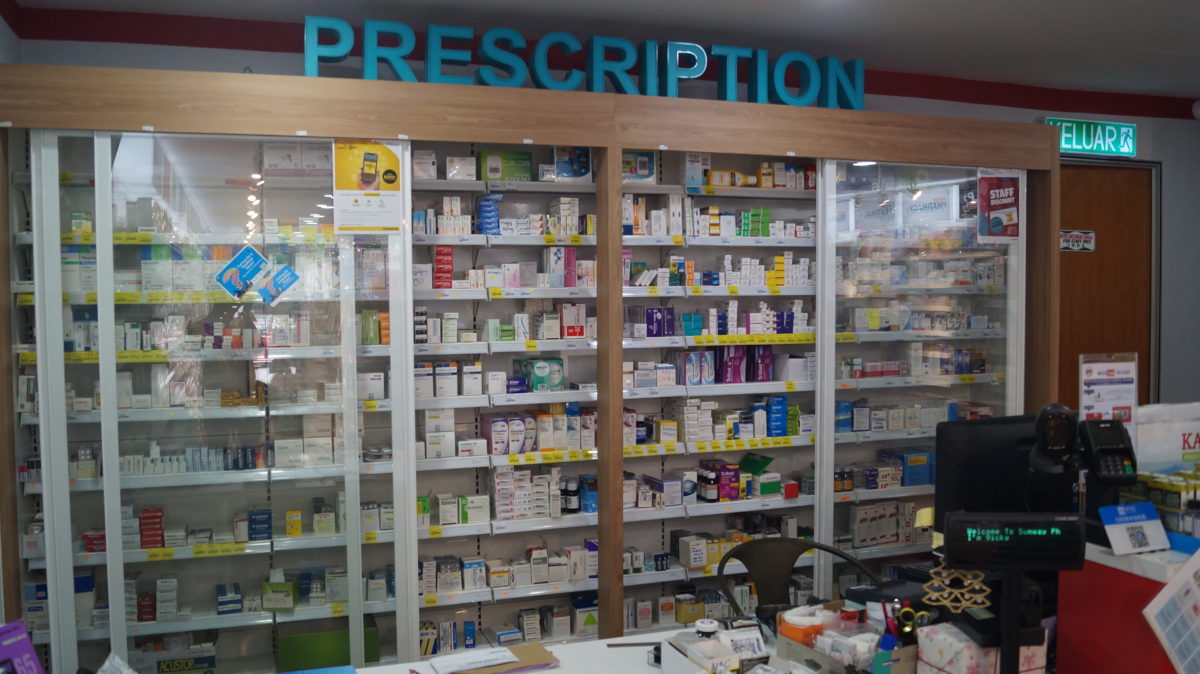KUALA LUMPUR, July 13 — Health Minister Dr Adham Baba is scheduled to table the Poisons (Amendment) 2019 Bill — which originally proposed incarcerating medical practitioners for not giving prescriptions upon request — for second reading in Parliament.
The 2019 amendments to the Poisons Act 1952 that regulates medicines — which the then-Pakatan Harapan (PH) government tabled in Parliament last November for first reading — made it mandatory for doctors, dentists, and veterinarians to provide drug prescriptions requested by patients.
Failure to do so will see them found guilty of an offence that is punishable by a maximum RM50,000 fine, up to five years’ imprisonment, or both.
After backlash from several physician groups and lawmakers, including Bagan Serai MP Dr Noor Azmi Ghazali, who is now the deputy health minister, then-Health Minister Dzulkefly Ahmad postponed the second reading of the controversial Bill.
The second reading of the Bill is now placed on the agenda of the Parliament order paper as the eighth item in a list of 30 motions for the 25-day Dewan Rakyat meeting starting today. However, it is unsure if the submitted Bill by Dr Adham — who runs a chain of clinics — has been amended or if it is the exact same Bill that was tabled for first reading. A debate usually follows the second reading of a bill.
MOH pharmacy services division senior director Dr Faridah Aryani Md Yusof said in a letter to stakeholders last March 4 that the Poisons Act 1952 (Act 366) — with suggested provisions in the amendment bill to empower enforcement authorities to enter premises, conduct seizures, and use agents provocateur — goes beyond the health care sector, as the law may also cover syndicate activity on the production of illegal narcotics like methamphetamines.
“The proposed powers are aimed to be enforced on offenders. It will not be enforced on medical professionals like registered practitioners and pharmacists who perform their duty according to the law,” Dr Faridah said in her letter sighted by CodeBlue.
“On the issue of enforcement officers’ protection from legal proceedings and action, this provision is only applicable to correct and valid enforcement activities. If inappropriate action was found to be taken, the affected person can still take legal action against those involved.
“Although penalties under Act 366 are proposed to be raised, they’re still rather low compared to other new Acts, for example, the Medical Device Act 2012 (Act 737) that provides general penalties of RM500,000, or three years’ jail, or both,” she added.

The first Parliament meeting this year was conducted only for one day on May 18, amid the Covid-19 outbreak, to hear the royal address without any debates. Amid pandemic fears, this Parliament meeting is much anticipated to discuss a wide range of issues among Members of Parliament, particularly over the Perikatan Nasional (PN) government’s handling of the Covid-19 pandemic that has infected nearly 9,000 people in Malaysia.
The Parliament order paper for the first day of the meeting carries numerous health issues to be answered during Question Time.
Batu MP P. Prabakaran (PKR) is asking the Health Minister about the Ministry of Health’s (MOH) preparatory measures if the country faces a second wave of Covid-19. Bachok MP Nik Mohamad Abduh Nik Abdul Aziz (PAS), meanwhile, called for details on the Malaysian health sector’s involvement with other countries in controlling the coronavirus outbreak.
Sibu MP Oscar Ling Chai Yew (DAP) requested the Health Minister to reveal the number of children who have received pneumococcal vaccination and the total amount of money paid by the government for that.
Setiu MP Shaharizukirnain Abd Kadir (PAS) asked for details on proposed improvements in the public and private health sectors under the Dasar Sihat Bersama (Health Together) 2030, a policy by then-minister Dzulkefly that primarily focused on transforming the health system in the country.
Covid-19 Testing, Preparedness, Protective Gear Supply
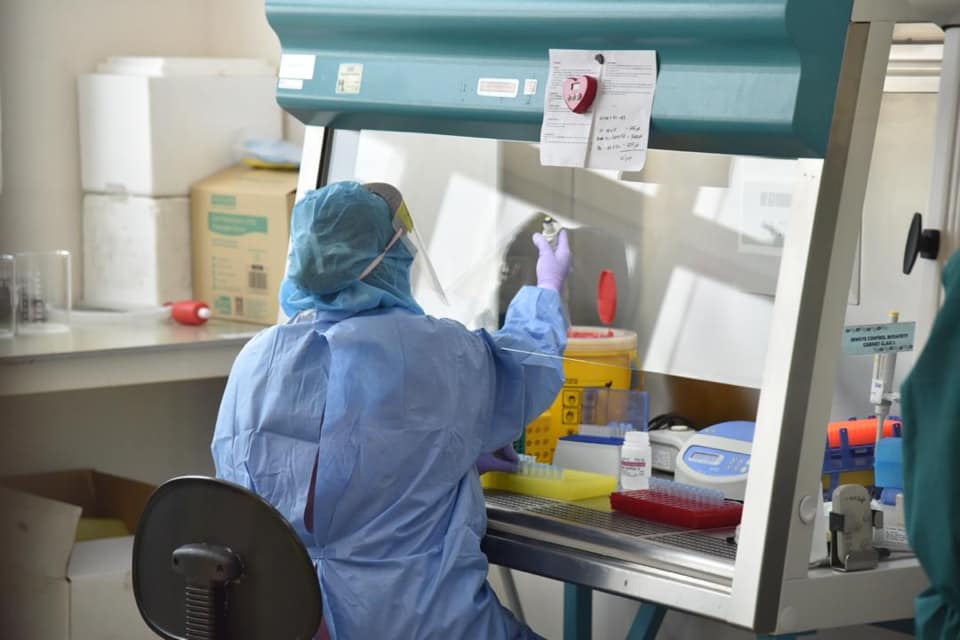
Health issues dominated by Covid-19, specifically on the crisis preparedness, preventive measures and testing capacity, are expected to be scrutinised more in this meeting.
Bandar Kuching MP Dr Kelvin Yii (DAP) told CodeBlue that it is essential to be aware of the preparedness of the government in encountering the next wave of Covid-19 or other pandemics in the future.
Dzulkefly said he would raise a question on the preventive measures to handle Covid-19 pandemic once international borders reopen.
“This includes the readiness of logistic arrangements, as well as protective gear such as face masks, personal protective equipment, ventilators and others,” Dzulkefly told CodeBlue.
Last March, medical experts criticised MOH for failing to conduct mass testing as only persons-under-investigation were screened for the coronavirus. MOH has continued this testing policy amid declining infections, screening only high-risk groups like migrant workers, the elderly, and tahfiz students, among others. The general public will only be tested for free at public facilities if they display symptoms and have contact with a confirmed Covid-19 case or overseas travel history.
Subang MP Wong Chen (PKR) said he would question in Parliament if the government was ready to do mass testing.
“Without mass testing, nobody is going to know what is the real infection rate,” he told CodeBlue.
Fate Of Contract Doctors
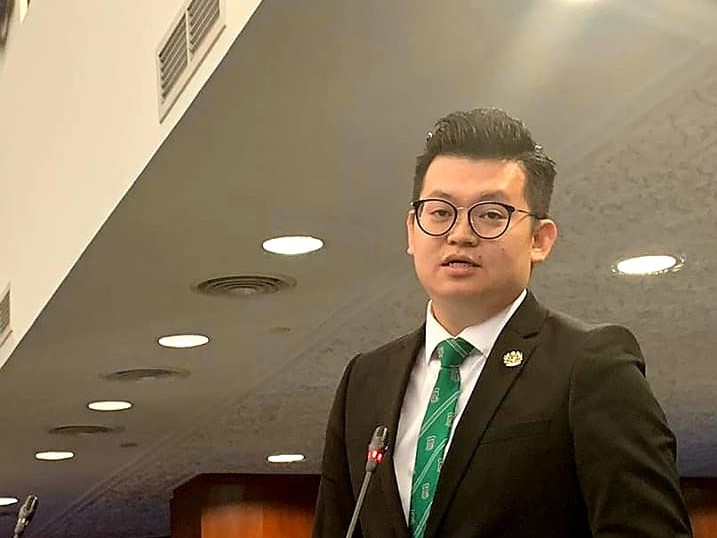
The plight of contract doctors and other government health care workers such as pharmacists and dentists remains a serious issue, according to Dr Yii.
It is to be noted that newly appointed contract medical officers were only offered a two-year contract on the UD41 grade, lower than their permanent counterparts’ UD43 grade, to complete their compulsory service, without any extension.
Contract medical officers also can’t join local universities’ Masters’ programmes to specialise because they’re not given full-pay study leave. Neither can they join parallel pathway specialisation because this requires four years’ training after housemanship.
“One of the main things that the pandemic exposed is the need for us to increase public health investments, especially to our human resource.”
Dr Kelvin Yii, Bandar Kuching Member of Parliament
“Now there are a lot of young doctors who are in a dilemma or hanging because they have no security in tenure, and they don’t have a chance even to pursue their specialisation in local university because of their temporary contract,” he added. “So, this is one issue the government should look into.”
Tangga Batu MP Rusnah Aluai’s (PKR) question on this issue has also been placed in the Parliament order paper for Question Time.
Furthermore, Dr Yii emphasised the shortage of government doctors in east Malaysia. He mentioned that the posting of doctors from peninsular Malaysia to Sabah and Sarawak did not provide a permanent solution to the problem, as these doctors generally transfer back to their hometowns after completing their compulsory service.
“When it comes to the posting, prioritise local because there are still many Sarawakian doctors that are not getting permanent posts. If there is a priority for locals, we can address more long-term shortage of doctors in the state,” Dr Yii said.
Mental Health And Suicide
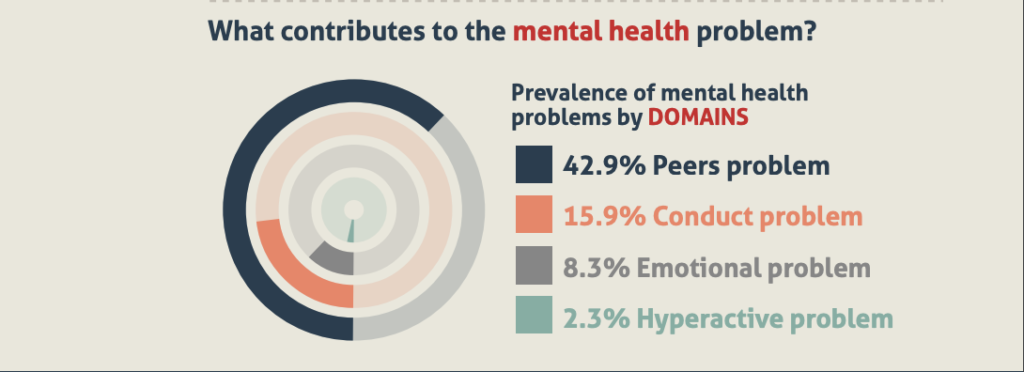
At the same time, the MPs also pointed out the need to discuss mental health issues among Malaysians.
“I will ask about the policies drawn by the government to beat the mental health issues among youths,” Dzulkefly told CodeBlue.
According to the Mental Illness Awareness And Support Association, mental illness is expected to be the second highest form of health problem among Malaysians by this year.
“Mental health is going to be the next pandemic. I think Covid-19 has caused a lot of emotional distress not just on a physical level, but also on a mental level,” said Dr Yii.
“So one of the issues that we should focus on or if you look at the National Health and Morbidity Survey report, mental health is a very concerning issue in our country and it is affecting more and more of people of all ages.”
Thus, Dr Yii highlighted the importance of amending the Penal Code to decriminalise attempted suicide.
The previous PH government had planned to bring a policy paper on that matter to Cabinet before it is tabled in the Dewan Rakyat and had hoped to make amendments to the Penal Code by the middle of this year.
“One of the important things that we need to do is to make sure these people get proper health and proper treatment, rather than treating them as criminals. Under PH, we were supposed to table it last month. So I want to ask the current government, what is their intention on this,” said Dr Yii.
Smoking Ban, Peka B40, EMR
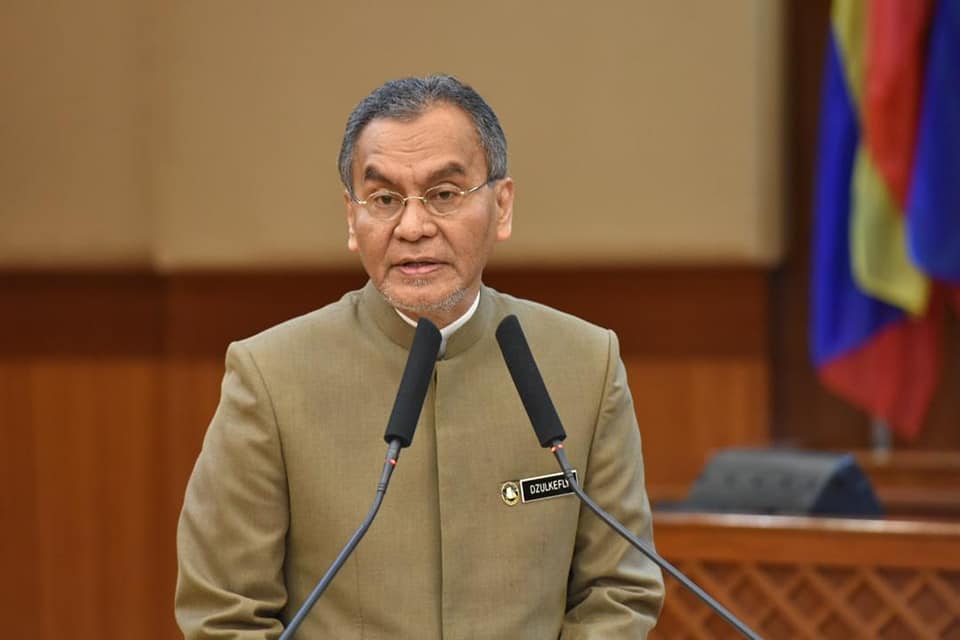
In addition, Dzulkefly intends to find the stand of the new government on the ban on smoking in eateries and public places that he had implemented as health minister. This ban was introduced last year and the MOH gazetted all eateries in Malaysia as smoke-free areas from January 1 last year.
Dzulkefly also intends to bring up the status of the Peka B40 health screening programme that he had introduced in April last year. Peka B40 was touted as a comprehensive medical screening and aid package for low-income Malaysians.
The Peka B40 scheme is inclusive of four benefits: health assessment, health aid, completing cancer treatment incentive, and transport incentive for travel to public hospitals.
Moreover, the Kuala Selangor MP aims to raise a question on the implementation of electronic medical records (EMR) in all public hospitals and government health clinics.
The implementation of EMR focuses on increasing the efficiency and organisation of patient medical information by reducing the time and manual effort spent on accessing patient’s information. It is to be noted that the proposed EMR system raised concerns about patient confidentiality too.
Deregulating Private Medical Practitioners’ Consultation Fees
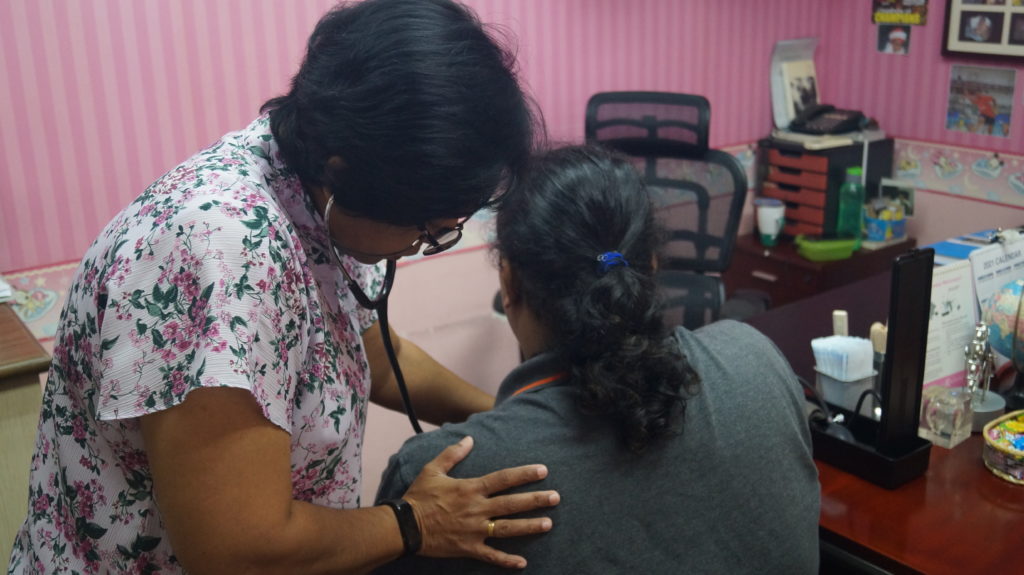
Last year, the then-PH government decided to deregulate private medical practitioners’ consultation fees after they were legislated in 2006 under the fee schedules in Schedule 7 (for private medical and dental clinics) and Schedule 13 (for private hospitals) of the Private Healthcare Facilities and Services Act (PHFSA) 1998.
Private clinic GPs’ consultation fees have been capped in the 2006 regulation at a 1992 rate of RM10 to RM35, sparking widespread dissatisfaction among some 7,000 GPs in the country who demanded that their rates be harmonised with their hospital-based counterparts, whose consultation fees were increased in 2013 to a range of RM30 to RM125.
Dzulkefly said he planned to raise questions on the latest status of this issue in the amendment of relevant Bills.
Last year, the former health minister stated that the abolition of government control of consultation fees is a move to strengthen the people’s power of choice, apart from encouraging private physicians and dentists to better their skills, professionalism and service to their patients at their respective facilities, as well as speeding up the rate of services provided in the private health sector.
Along with these issues, questions on the DTaP-IPV-Hib vaccine for children (5-in-1), the independent inquiry’s report on the fatal 2016 Hospital Sultanah Aminah fire, and the upgrade of Sarawak’s general hospitals and public health clinics, are expected to put the government in the hot seat.
Additional reporting by Boo Su-Lyn.


